… the students and I get to safely capture, tag, and release wild sea turtles to contribute to this effort. I will never forget tagging and releasing my first sea turtle, I remember going from completely serious science-mode to sheer excitement as soon as the turtle was safely released. Helping sea turtles is the passion that kickstarted my career, so getting to help save them by interacting with them so often is unbelievable.

How important is it to educate children (and adults) about marine science, marine life, and the issues surrounding the ocean?
Extremely.
I care about the fate of our oceans because I have studied them for years. I have noticed that by simply sharing my story, people begin to see my passion, understand the importance, and take personal responsibility for our oceans. When people understand how interconnected our Earth is: the oceans, the plankton, the rainforests, our food security; they become more invested in conservation. Education becomes understanding, which becomes appreciation, which morphs into a desire to protect.
It is our duty to use our intellect and ingenuity to make sure that the whole planet survives, because we are capable of that. I believe that each person has the desire and the capacity to help save the world.
Protecting our oceans means protecting ourselves by realizing that we are not above nature; we are part of it.

What are some of the issues surrounding our marine environment at the moment? What are some of the things we can do to tackle these issues?
It can be daunting to stand back and look at the numerous attacks on the marine environment and become distressed: pollution, unsustainable use of marine resources, climate change, runoff, dredging, ocean acidification, the list goes on.
It’s easy to give up and think “What could one person possibly do?” We often forget how powerful we are. If you, one person, buy less plastic – you’re making a difference. If you, one person, pick up one piece of trash, you are protecting our oceans. If you, one person, tell another person why you avoid single-use plastic and they listen, you’re saving the planet.
My mom doesn’t wade into the water past her ankles, but because of my passion for the ocean, she helps save the oceans by reducing her plastic use and buying sustainable seafood. Who knew that you can save the planet by taking baby steps? Start by reducing your single-use plastics and learning all you can about the oceans.
What advice would you give to someone who is interested in pursuing a professional career in the marine science industries?
Most fields are competitive, but competition isn’t a bad thing. Challenges show us how much we’re willing to fight for something. I love the field of marine science because many of us got our start wanting to work with what we call charismatic megafauna: whales, sharks, dolphins, the awe-inspiring ocean giants.
Further Reading: An Interview with a Maritime Archaeologist
Then somewhere along the way, we got so immersed in the marine world that we found something entirely new that piqued our interest. Not everyone in the field is a dolphin researcher, not because there aren’t enough dolphin-related jobs, but because not everyone actually wants to do that.

Some people take a marine geology class and dedicate their lives to understanding the deep-sea hydrothermal vents. There is plenty of work to be done. And if you do want a very popular job, awesome. I’m here to tell you that your first job will not likely be that dream job, but with a positive attitude and hard work, you will work your way up to it.
My advice is to find the people doing the work that interests you most and reach out to them. I sent a quick email to the author of some fascinating papers and now I am a graduate student in her lab. That’s called networking. If someone’s work inspires you, tell them that.
Volunteering is a wonderful experience, but the cost of long-term volunteering is often a barrier to many people. It takes lots of researching and some disappointment, but you can find paid opportunities (REUs, internships, research assistant or lab tech jobs, temporary/summer jobs) in the marine science world to gain valuable experience. If you are motivated, master some skills like grant writing, GIS, and coding using online resources to build your resume without ever leaving your room.
Become a citizen scientist! Citizen science is a collaboration between volunteers and scientists to help advance research in a specific area.

What is next for you in your career? And where do you see yourself in the future?
I am halfway through my marine biology master’s degree at the University of Western Australia, but because of the pandemic, I am completing it remotely from Michigan. The time zone difference has been a rewarding challenge: I get to stay up all night for my classes and spend my days doing homework.
My thesis is part of a massive collaboration to save the Eastern Pacific leatherback sea turtles. I would love to continue this work, but perhaps I will explore other marine biological conservation projects. Either way, I’ll definitely be continuing on to earn my Ph.D. in marine biological conservation. My goal is to ask questions and find answers that help protect the ocean’s vulnerable ecosystems while spending as much time as I can on and under the water!

Continue following Marine Science Teacher, Anna Ortega’s journey on Instagram, and let us know in the comments below if you have any questions for her!

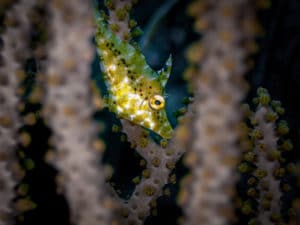
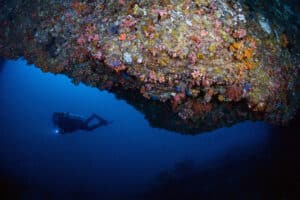
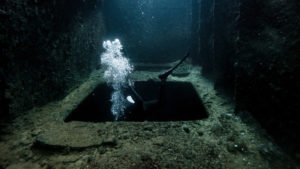

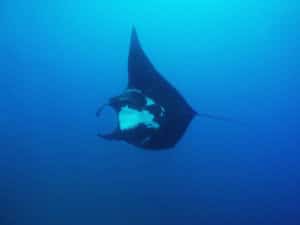
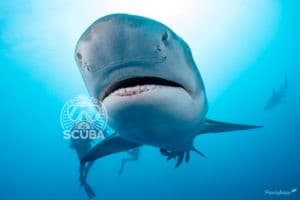
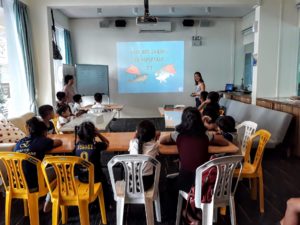
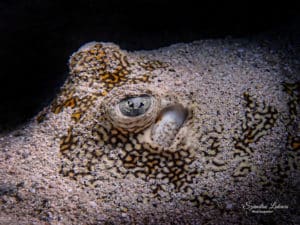
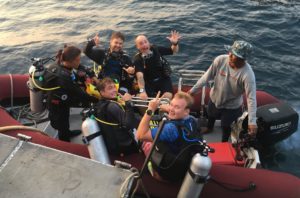




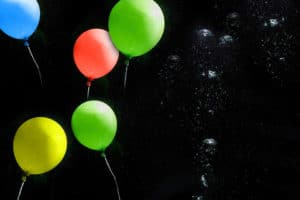

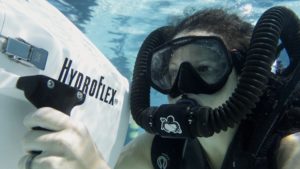
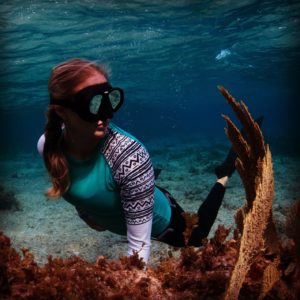
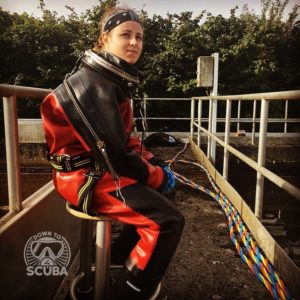
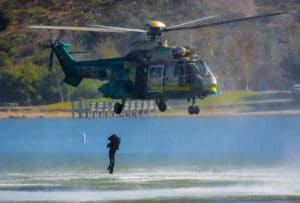
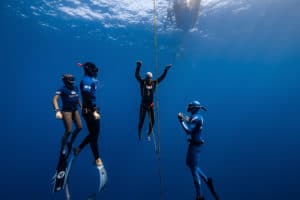
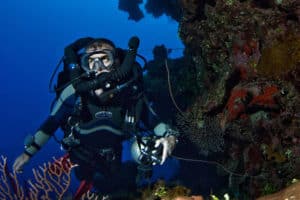
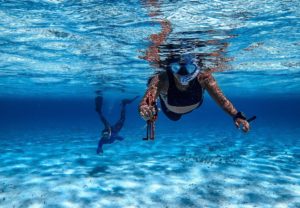
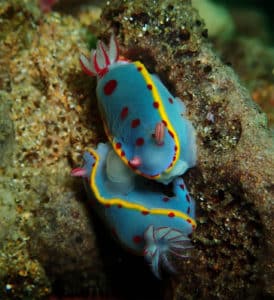
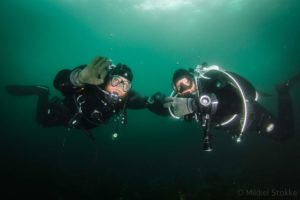
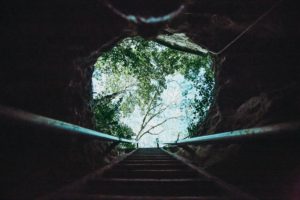
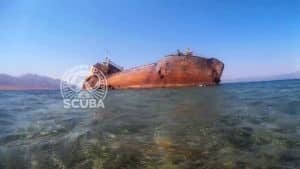
Leave a Reply
You must be logged in to post a comment.